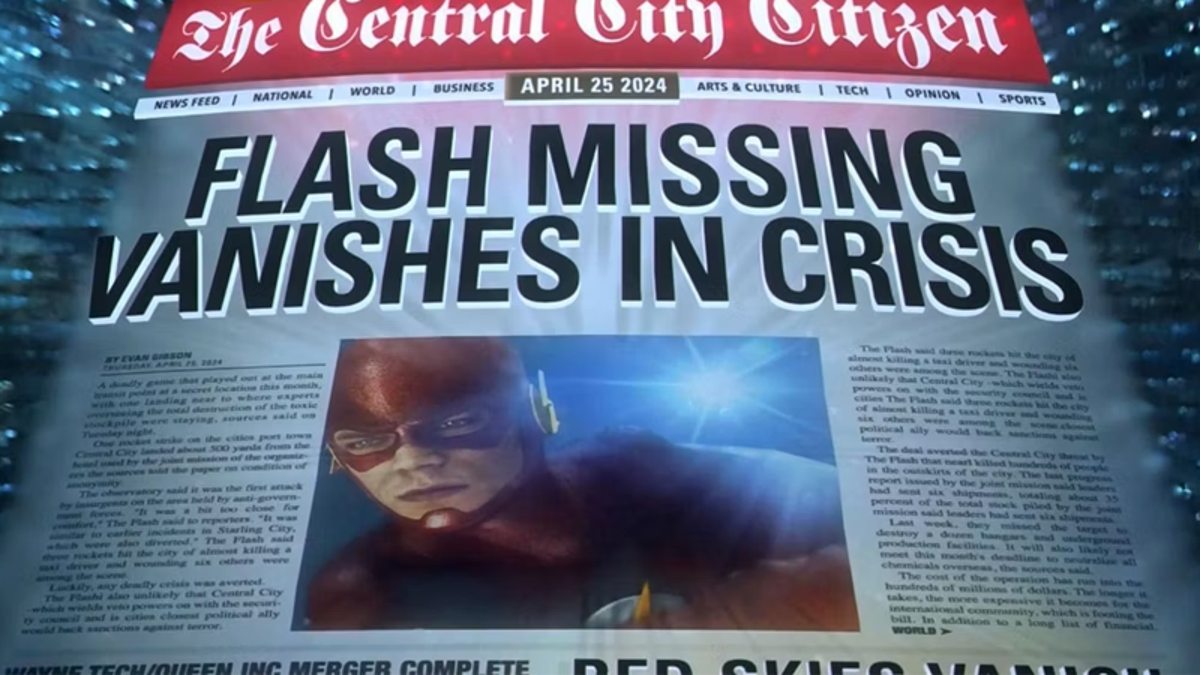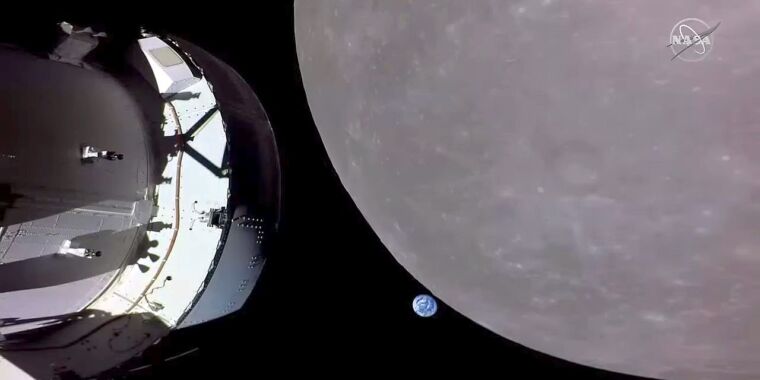The Flash: A Decade of Bold Predictions and Superhero Legacy
When The Flash debuted in October 2014 as part of the CW’s ambitious plan to expand its superhero universe, it made a bold statement. The premiere episode hinted at the show’s longevity, promising to adapt Crisis on Infinite Earths, one of the most iconic storylines in DC Comics history, within a decade.
Ten years later, on April 25, 2024, The Flash has somewhat fulfilled that promise, despite a few twists and turns along the way. The show’s exploration of time manipulation, courtesy of the Speed Force, led to alterations in its initial vision. The prediction of Crisis on Infinite Earths, originally set for a later date, was accelerated in 2019, reflecting the show’s evolution and willingness to embrace comic book lore.
While Arrow laid the foundation for the CW-DC universe with its dramatic storytelling, it was The Flash that elevated the superhero genre on television. Embracing superpowered elements and esoteric concepts, The Flash set the stage for a multitude of interconnected shows. Without its trailblazing approach, series like Supergirl, Legends of Tomorrow, Black Lightning, and Batwoman might not have existed.
As The Flash and its related series reached their conclusion in 2023, the CW-DC universe underwent a transformation. Superman & Lois, the sole survivor, is now facing its conclusion as well, signaling the end of an era. Meanwhile, DC is reevaluating its cinematic plans under the guidance of James Gunn and Peter Safran.
With The Flash movie finally releasing in 2023 after numerous delays, the franchise bid farewell to an era while bridging the gap between TV and film interpretations of the character. The show’s initial prediction, though altered in unexpected ways, ultimately resonates as a testament to its enduring impact on the superhero genre.
In a decade filled with crises and transformations, The Flash remains a symbol of innovation and evolution, leaving a lasting legacy that transcends time and space.
Image/Photo credit: source url





